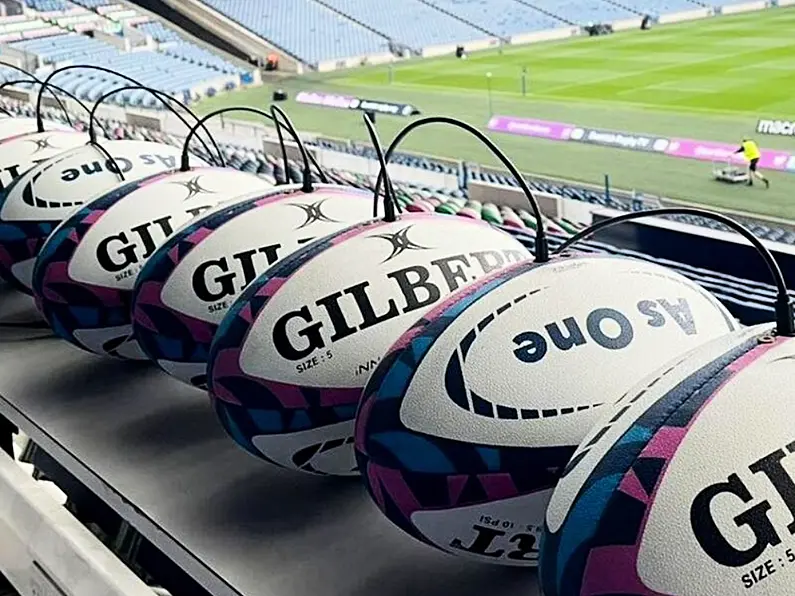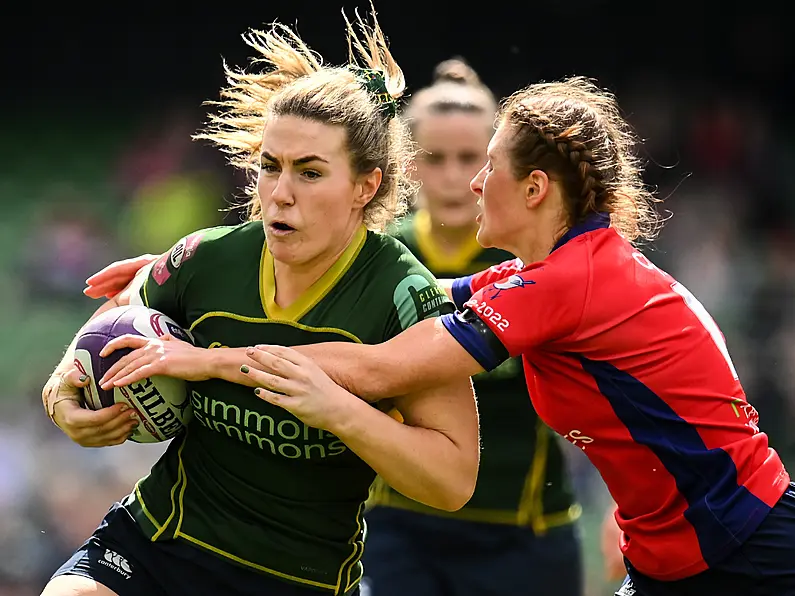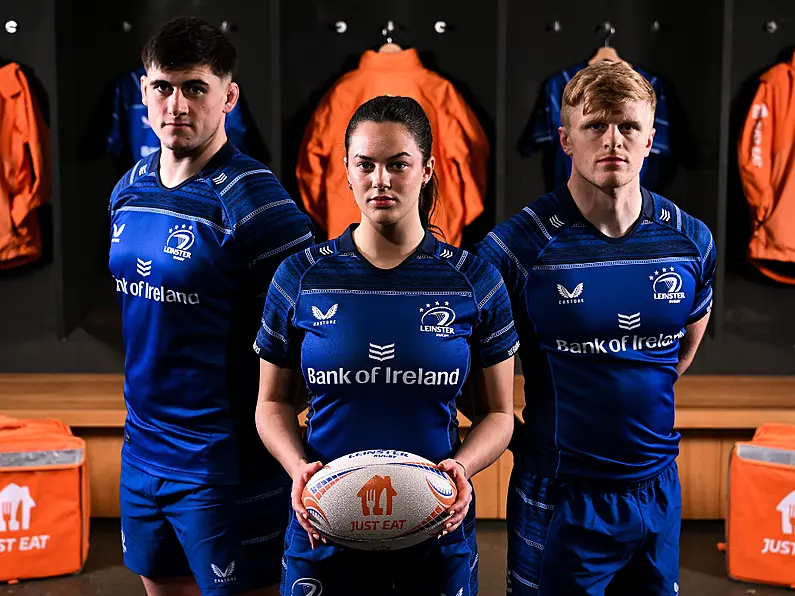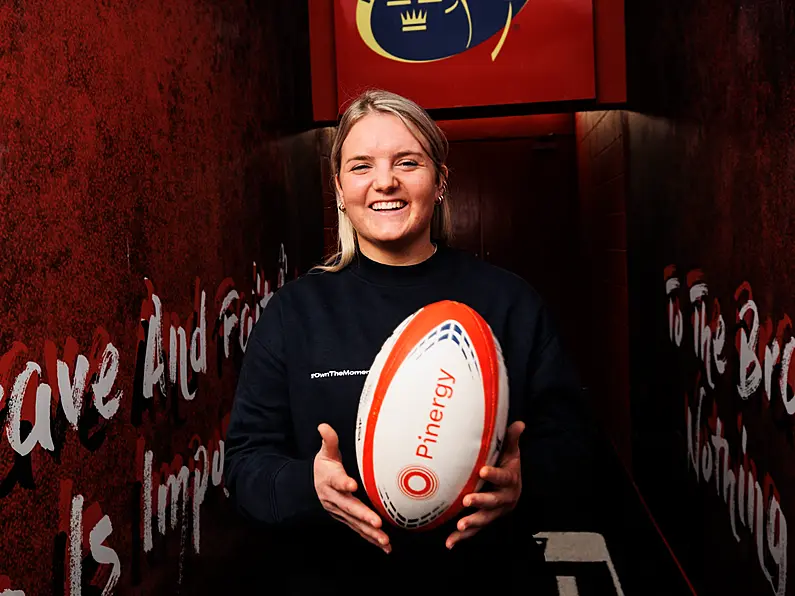World Rugby is to introduce ‘smart ball’ technology at this summer’s U20 World Championship.
Collaborating with Sportable and Gilbert this will be the world’s first trial of smart ball technology in a live match officiating capacity.
It could transform the way in which the sport is officiated.
The motivation is to explore how the emergence of new technology and artificial intelligence can help shape the future of the sport, aiding the flow of the game and taking fan experience to the next level.
It is hoped that the Gilbert smart ball will help match officials make accurate decisions more quickly, tackling a number of common, but challenging aspects of law.
These areas include whether a ball has been passed forward, whether the ball is over the try-line, whether the ball has been touched in flight and line, where touch has been found and whether a lineout throw was straight.
The smart ball is tracked in 3D and real-time with beacons positioned around the pitch to determine the exact position of the ball up to 20 times per second and provide immediate feedback on every kick, pass and throw.
At the World Rugby U20 Championship, the smart balls will assist match officials with the following use cases where visual assessment alone can be challenging and time-consuming:
Throw forward
Assist with decision-making on forward passes by measuring the relative velocity of the ball relative to the player as it leaves their hands, so indicating whether the ball has been ‘thrown forward’ in the act of passing.
Made touch location
With an accurate location for where the ball makes touch, the Gilbert smart ball ensures the lineout is taken from the position the ball exited the pitch.
Touched in flight
Informing decision-making around whether a ball was touched in flight (e.g. partial charge down) by recognising changes in spin and trajectory caused by a touch of the ball.
Ball over try-line
Live location of the ball will determine whether the ball has reached the try-line.
Lineout throws
Provide instantaneous feedback indicating whether a lineout throw is not straight by measuring the angle of the throw from release to being touched by a player.
A direct feed will be made available to the Television Match Official, who will be able to use the information to provide feedback to the referee.
The smart ball is already successfully delivering rich insights and data to aid broadcast and digital experiences, but recent testing has also demonstrated its potential to assist with officiating decision-making, tackling game-defining decisions, and reducing the focus on referees and the wider match official team in often tricky areas.
“A fast game is a good game, and it is right that we explore technology that has the potential to help aid the flow of the game, reduce stoppage time and speed up match official decision-making,” said World Rugby Director of Rugby Phil Davies.
“Rugby refereeing is perhaps the most difficult officiating job in sport. There are multiple decisions or non-decisions that are made at any given moment and the advancement of broadcast and social media means that such decisions are poured over long after the event.”
“The evolution of smart ball technology opens the door to assist match officials in reaching accurate decisions more quickly, removing subjectivity and reducing the chance of error. While this is a trial and the technology is new, we are excited about its potential and look forward to seeing it in action at the World Rugby U20 Championship.”
“After the successful implementation of smart ball technology to enhance the fan experience through broadcast graphics and digital content, we are looking forward to this next phase and the introduction of our officiating solution that the Smart Ball provides,” added Sportable CEO and co-founder Dugald Macdonald.
“We are fully supportive of the Shape of the Game work that World Rugby is conducting and delighted to be playing a part in moving the game forward.”
It is not anticipated that smart ball will feature at Rugby World Cup 2023 from an officiating support perspective given the emerging nature of the technology and the need to undertake a full review of outcomes before determining the next steps, though if it does prove to be a major winner in South Africa, that may yet change.
It looks inevitable that it will become part of the official’s toolkit, and accurate, objective decision-making is obviously a good thing.











